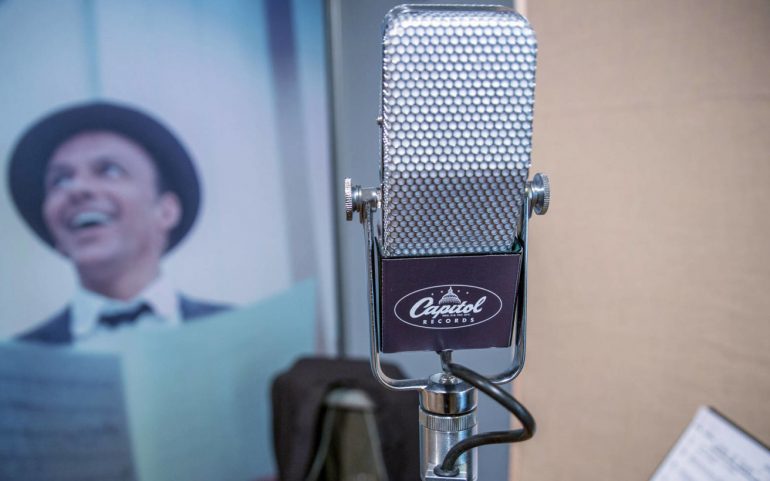We have all heard the song "Comme d'habitude" by the French singer and songwriter Claude François - yes, you who think you do not know.
The title may say nothing to some, as do the first few verses: "I get up, and I shake you, you do not wake up, as usual…"
But as soon as the music comes in, everyone will shout "Oh, yes! This is… "My Way"! "
And this will be accurate, since "Comme d 'habitude" and "My Way" are one and the same.
Perhaps the greatest success of Frank Sinatra, the iconic and timeless anthem of the solid account, shortly before the last "goodbye", had a much more humble beginning. Before taking off thanks to his energy and interpretation Frank Sinatra, had traced a very different course, with French lyrics and references to a marriage that was clearly on its way or had come to an end.
It took luck to do its "magic", for the French piece to reach Paul Anca's ears by chance, for him to sit down and rewrite it - and not to claim his interpretation, but to give it to Sinatra. And so the timing, the changing world, the "puffy" Sinatra and the enviable lyrics of Anka took the somewhat sweet and sour "Comme d'habitude" and placed it in the pantheon of music history. And this despite the… dissatisfaction of his performer!
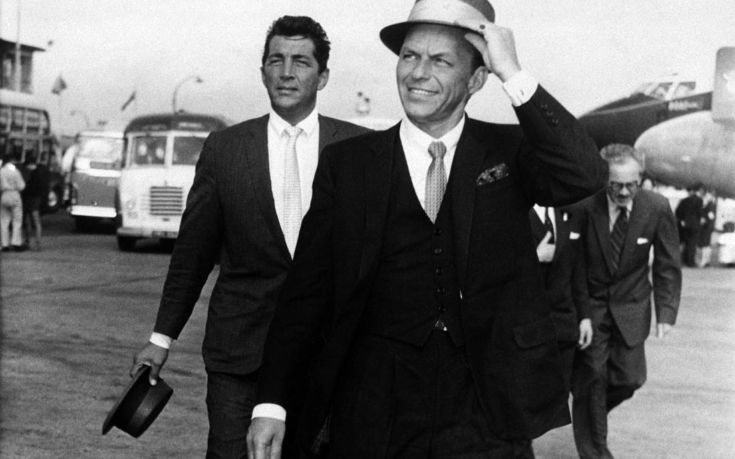
"Comme d 'habitude" ("As usual", would be its translated title) was created in 1967, to music by Jacques Revo and lyrics by Claude François and Jill Thimbo.
In fact, the composer was not very happy with the first performance of the song by Hervé Villar - we know him from "Capri, s' est fini", among others - and approached Claude François for its re-performance. François accepted this but asked to be mentioned in the lyrics about a couple whose relationship is going through a difficult phase - a reference to his recent separation from the French singer Frans Gall. Revo agreed and an editing of the lyrics by Jill Thimbo resulted in "Comme d'habitude", as we know it from his best-known French version, that of Claude François.
Paul Anca listened to François' interpretation while on holiday in France, some in the French south and others in Paris, watching French television. He rushed to negotiate the acquisition of the rights and, according to Wikipedia, acquired the rights to adapt, record and release for just one dollar, provided that the composers of the melody would retain their original share in any new versions created or produced by Anka and his associates.
Some time later, Anka was enjoying his dinner in Florida with him Frank Sinatra - already a symbol of American culture- who said to him: "I quit this job, I got bored, I quit".
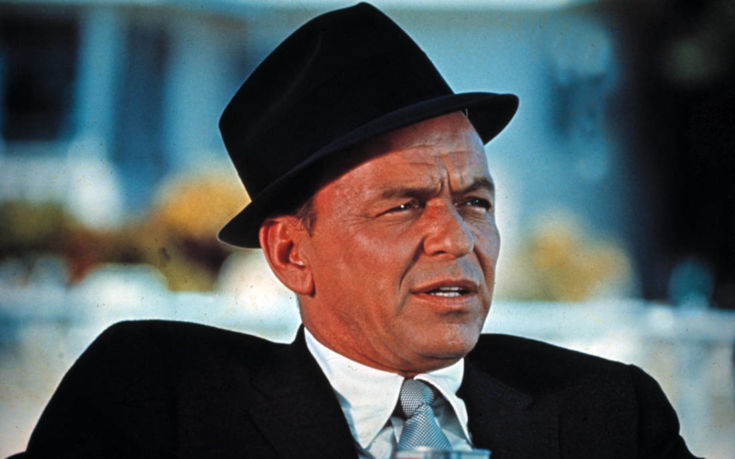
Returning to New York, Anka rewrote the song for Sinatra, slightly "teasing" the melody structure and completely changing the lyrics. And somewhere there the "cute" "Comme d'habitude" began to transform into the now legendary "My Way". The routine that killed love in a relationship gave way to the brave and satisfying flashback one makes facing the inevitable end with courage. The atmosphere and emotion may still be associated with a French song but it was not "Comme d 'habitude" but also the legendary "Je ne regretted rien" by Edith Piaf.
Anka's attempt was not the first. A year earlier, like himself David Bowie he said, Kenneth Pete's manager had asked him to write English lyrics for "Comme d 'habitude". This is how "Even a Fool Learns to Love" came about, which, however, was rejected. However, this half-finished work inspired the legendary "Life on Mars?" of David Bowie the 1971.
As Anka himself recounted: "At one o'clock in the morning, I sat on an old IBM electric typewriter and thought, 'If Frank was writing this, what would he say?' And I started metaphorically "and now, the end is near". I read a lot of magazines and I noticed that there was a lot of 'I', 'my'. We were in that 'I' generation and Frank became the person I would use to say that. I even used expressions I would never say, like 'I ate it up and spit it out'. "But that's how Frank talked. I hung out with the Rat Pack. They liked to talk like abusers, even though they were afraid of their own shadow."
Anka finished the song at 5 in the morning. "I called Frank in Nevada - he was showing up at Caesar's Palace - and I told him 'I have something very special about you,'" he said. "When my company was informed, they were furious that I had not kept it for myself. I told them 'I can write it but I'm not the person who will sing it'. It was for Frank, for no one else. " Later, of course, Anka recorded the song himself, in 1969 - shortly after the release of the performance by Sinatra. He even recorded it four more times, in 1996 for the film Mad Dog Time, in 1998 in Spanish with Julio Iglesias, in 2007 a duet with John Bon Jovi and in 2013 with Garou.
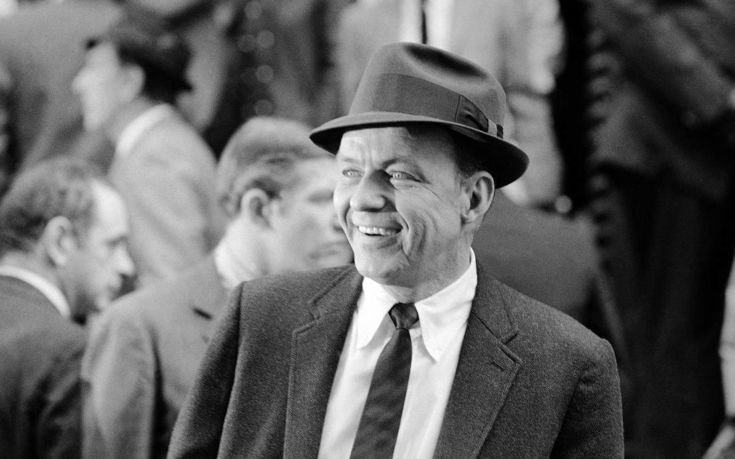
On December 30, 1968, shortly before celebrating the change of time at Casino SANDS, Frank Sinatra recorded his own version of the song once and for all. Something rare, the recording was done in the afternoon. Around 3, forty musicians with the always on the side of Sinatra Bill Miller at the piano, began to play what was to become a timeless anthem and a milestone for his performer and for many generations to come.
The track was released as a single in early 1969 on the LP "My Way". It reached number 27 on the Billboard Hot 100 and number 2 on Easy Listening in the United States. In Britain he achieved a record that has not yet been surpassed: he became the song with the most weeks in the Top 40. He stayed for 75 weeks between April 1969 and September 1971 and another 49 weeks in the Top 75, but never in a better position than the 5th. which he originally had.
Sinatra Tina's youngest daughter remembers very clearly the first time she heard her father perform "My Way": "You could feel the energy, the electricity in the room. The song became his that first night. "I think it was a piece that was waiting for him to exist," he describes.
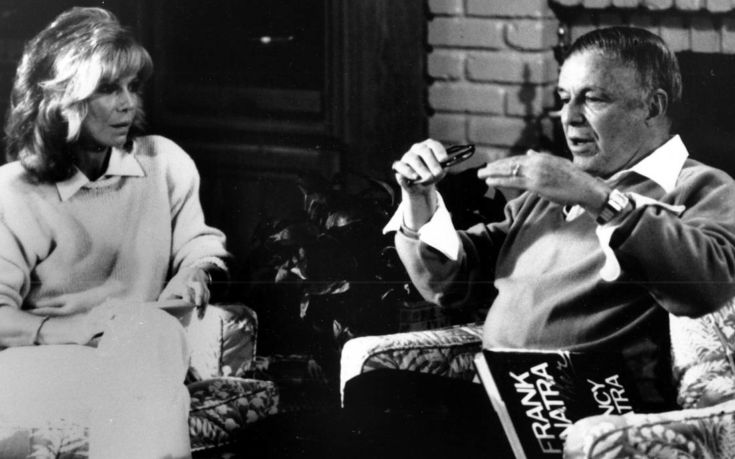
At the time of "My Way", Tina was returning from a vacation in Europe to study politics and the women's movement. Her father and she were moving in different directions personally and politically, and although he obviously loved his interpretation, he always had reservations about the lyrics, acknowledging that they described a very "masculine" view of the world.
According to her, from a women's point of view, a corresponding "hymn" is "These boots are made for walking" by Nancy's older sister. But she does not dispute the status of the piece that marked her father. "An anthem is something that anyone can relate to. And the only difference with my dad's song is that in "My Way" you do not have to get up as soon as he starts standing "he says.
Although "My Way" became the song - a trademark of Sinatra, as his daughter assures, he came to hate it himself. "He did not like it. This song was stuck and he could not get rid of it. He always believed that the song had a lot of complacency and self-referentiality.
There are many voices criticizing the lyrics of the song, which are a tribute to the idea that the best way for a man to live his life is to constantly look ahead, without ever questioning himself or allowing criticism to touch him. This view seems to have been attributed to Frank Sinatra himself. In the eyes of the critics, he became the "archetypal" American himself, who celebrates his individuality in such a noisy way that every narcissist can consider "My Way" as his personal "national anthem".
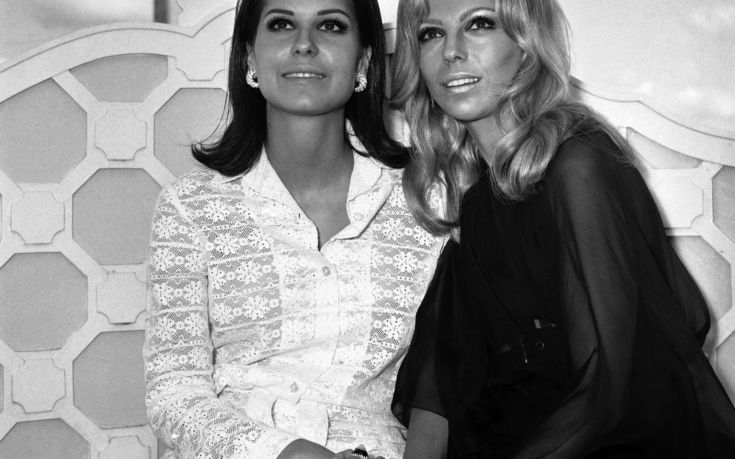
What his critics probably did not know, although he made it clear at every opportunity, was that Sinatra himself had hated his "timeless hymn". Before throwing this "curtain" to which "My Way" refers, Sinatra had to interpret it every night for a decade. And he was really disgusted with it so much that he started openly making fun of it shortly before interpreting it in his appearances. "And of course, the time has come for this torturous moment - not for you, for me," he once told his audience in 1979. "I hate this song, I hate it! I'm puffed up with this damn thing now! " he had said another time.
